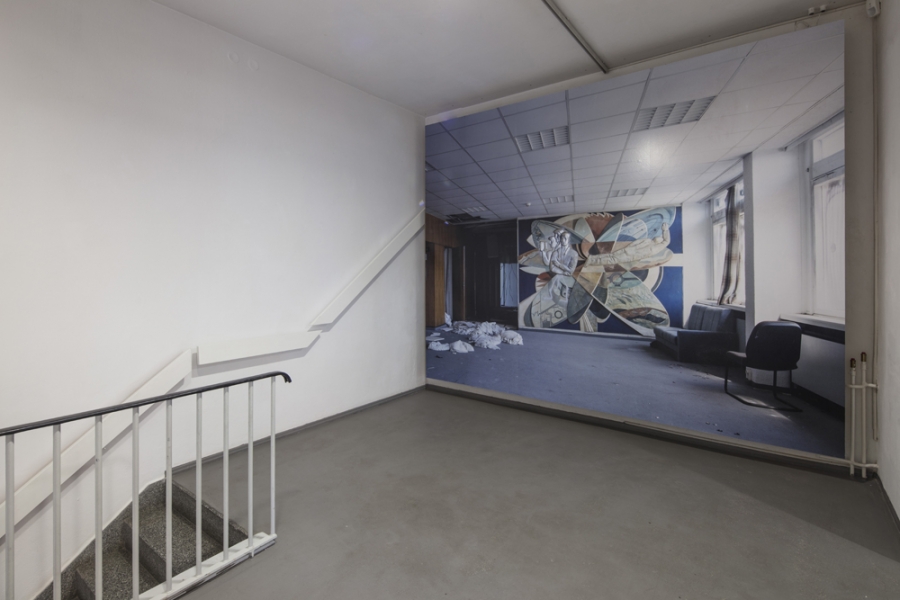The Trouble With Grandparents, Kunsthaus Dresden

Exhibition with: Lisa Maria Baier, Kyung-hwa Choi-ahoi, Antje Engelmann, Amit Epstein, Deborah Jeromin, Sven Johne, Margret Hoppe, Rajkamal Kahlon, Ahmet Kavas, Wilhelm Klotzek, Kateřina Šedá, Mila Panić, Ute Richter, Johanna Rüggen, Saša Tatić, Nikos Valsamakis, Ingo Vetter
Our relation to history and tradition is determined not only in an abstract sense, but also by our engagement with and the subsequent acceptance or critical rejection of concrete historical events or cultural lines of tradition. Often, this is quite specific, as with our the relation to preceding generations—for example, our grandparents—and the cultural environment they have left behind—and into which we are born. It is the grandparents we love, but whose heritage, be it life plans or tableware, we cannot adopt in our altered life-world. Whether and how we accept the material and immaterial heritage, integrating it in our life or rather leaving it behind, is a decision-making process that often lasts an entire life and mostly begins when the loved, feared, or unknown persons are no longer there. What is said and left unsaid, individual life stories, aesthetic decisions and contemporary history appear to be inextricably linked in this heritage and the imprint with which we grow up and for which our grandparents stand as a cipher. Positive and negative emotions, acceptance and rejection, can occur at the same time. Already when the older generation is still alive, comfort and affection often stand in a tensional relationship to resistance against social control and an unbridgeable generation gap. The artworks in the exhibition The Trouble With Grandparents visualize and make comprehensible these familiar processes of coming to terms. The focus of the show is on forms of upbringing that one often becomes aware of only much later in life, as well as on the expanded space of tradition and the global perspective of a younger generation of artists mainly living in Germany. Alongside the engagement with the National Socialist past and the cultural heritage of the GDR, they have been influenced in a wide variety of ways.
